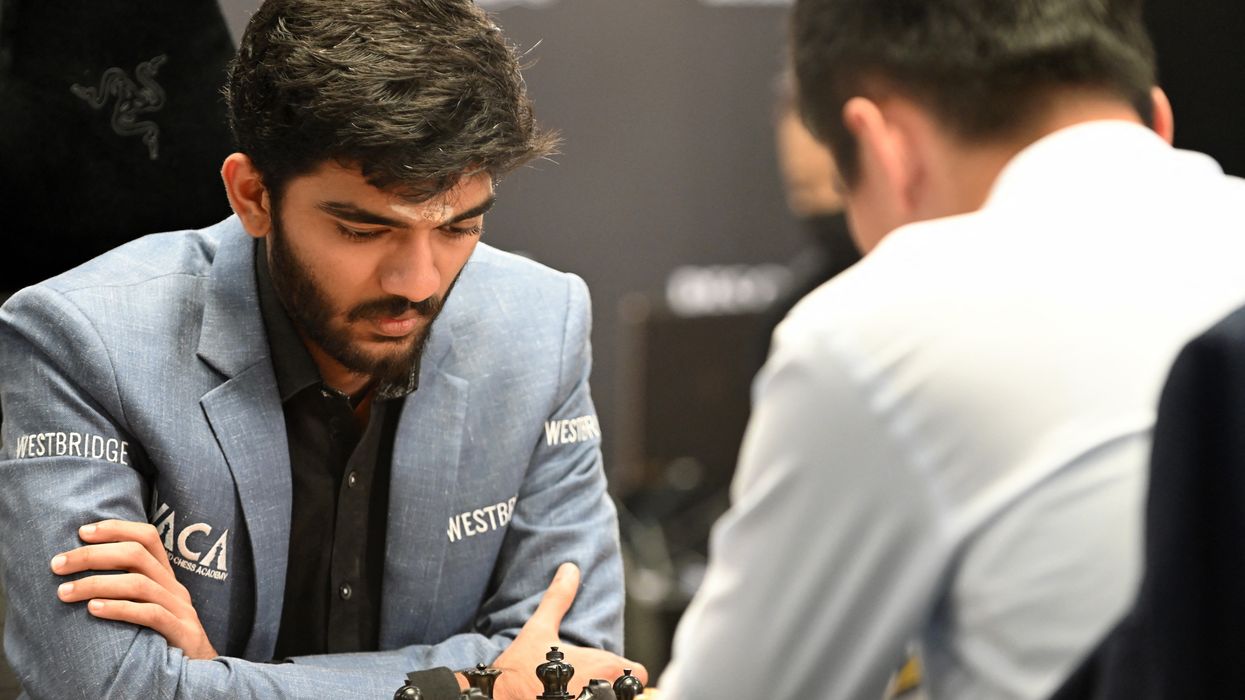INDIAN chess prodigy Gukesh Dommaraju has become the youngest undisputed world chess champion after defeating China's Ding Liren in Singapore on Thursday.
The 18-year-old's victory marked him as "the youngest world champion in history," according to the International Chess Federation, which made the announcement on social media platform X.
🇮🇳 Gukesh D is the YOUNGEST WORLD CHAMPION in history! 🔥 👏 pic.twitter.com/MYShXB5M62
— International Chess Federation (@FIDE_chess) December 12, 2024
Gukesh secured the title after Ding resigned during a tense endgame that many had anticipated would end in a draw.
Overcome with emotion, Gukesh covered his face with his hands and burst into tears upon realising his historic achievement.
Ding, 32, slumped on the table after making a critical endgame blunder that gave Gukesh the winning edge.
WE HAVE A NEW WORLD CHAMPION! ♟️ 🔥 🏆
Congratulations Gukesh D 🇮🇳! 👏 👏#DingGukesh pic.twitter.com/W4w2dE0C36
— International Chess Federation (@FIDE_chess) December 12, 2024
The victory sparked celebrations among fans, including many Indians who had travelled to Singapore to witness the match and local Singaporeans of Indian descent.
At 18, Gukesh surpassed Garry Kasparov, who won the world championship at 22, to become the youngest-ever titleholder.
He also became the second Indian to claim the title, following five-time world chess champion Viswanathan Anand.
Gukesh's victory in game 14 secured a score of 7.5 against Ding's 6.5, concluding his extraordinary rise in the chess world after becoming the youngest challenger for the championship.
🇮🇳 Gukesh D: "We all know who Ding is - he has been one of the best players in history for several years. For me he is the real World Champion." #DingGukesh pic.twitter.com/vU8VdkoEkE
— International Chess Federation (@FIDE_chess) December 12, 2024
Praising his opponent, Gukesh described Ding as having "fought like a true champion."
(With inputs from AFP)




